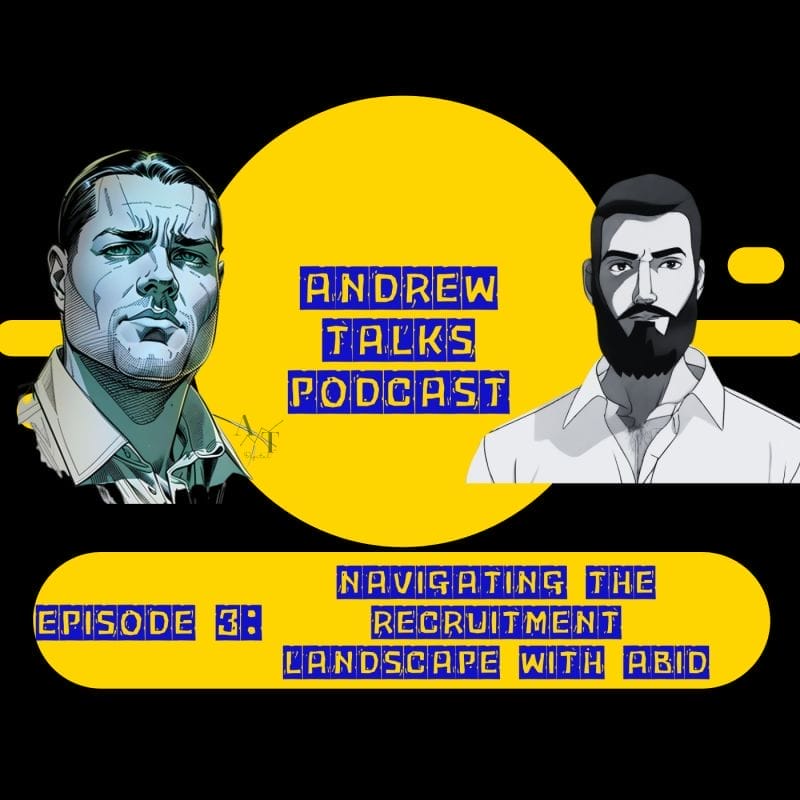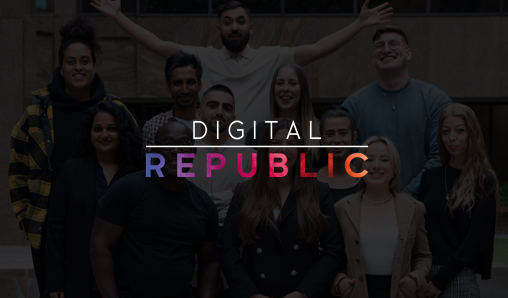This scenario is now commonplace, as companies try to streamline the hiring process. Plus, a telephone interview is easier to arrange than a face to face one; and, in many cases, can be just as efficient.
After all, they’re fantastic screening tools. A chance to separate the wheat from the chaff. The weak from the strong. In fact, did you know that 33% of bosses know within the first 90 seconds of an interview whether they will hire someone?
So, that first impression makes a world of difference. With this in mind, here are some tips on how to master your next telephone interview.
Preparation is key
There are two kinds of telephone interviews; the impromptu and the scheduled. The scheduled is obviously easier to prepare for because you know the date, time and can plan everything accordingly.
The impromptu interview requires a little more forethought and planning. As soon as you submit your CV, be prepared to receive a call from the hiring manager or recruiter.
This is particularly important as those who treat the impromptu call as an informal chat rarely gets to the second stage.
So, when the recruiter or hiring manager calls and asks if ‘now is a good time?’, be honest if it’s not! You can always organize a time that suits both of you; it won’t put you at a disadvantage.
Research and practice for your telephone interview
As mentioned already, employers use the telephone interview to sort the best applicants from everyone else. This means they’ve already seen your CV and want to investigate further. As a result, much of the conversation will center around your CV, experience, and skills.
So, have a copy of your CV ready and in front of you. You’re going to want to keep to what you’ve included in your CV and elaborate on the points that really highlight the best experience and skills you can offer them.
We also highly recommend printing off a copy of the job description. That way you can make sure your responses match up to the requirements of the role.
Speaking of things to have to hand, get a pen and paper ready with your notes about the role and the company. These notes can help you form strong answers, so review them and get comfortable with them. This is particularly useful when practicing answering the common interview questions.
Common interview questions
Let’s start with the most common interview question: ‘Tell me about yourself.’ This is your chance to make sure your elevator pitch is absolutely perfect.
Here, it’s always good to interweave what the job description is looking for into your response. Emphasize the strengths they’re looking for and show that you possess the skills required for the role. Remember this is an elevator pitch; so keep it short, snappy and succinct.
Choose a quiet location
Whilst you’re preparing for the telephone interview, make sure you’ve worked out the location you’re going to be in and the time it’s going to take.
Most telephone interviews last between 30 minutes to an hour. So make sure you’re available for the full length of time; you don’t want any distractions or for someone to disturb you.
Also, make sure the location is quiet and has a strong signal. Check this out beforehand by calling a friend from that location to test the quality of the call. You only get one chance to make a good first impression; so don’t leave anything to chance.
Remember that it’s a state of mind
Hopefully, with all this preparation you’ll feel confident when the interview rolls around. However, it’s only normal for nerves and anxiety to set in. So, you need to make sure your mindset is in the right place to help you keep your cool throughout the interview.
First up is the most obvious tip; be positive and smile. Visualizing and practicing the interview beforehand can keep you in a positive state of mind. Plus, it’s proven that smiling activates the part of the brain that works toward fighting off stress.
Alongside this, take a few deep breaths to keep calm and relaxed. This helps to ensure you can answer questions more effectively and clearly, and this will go a long way to impressing your potential new boss.
Another trick is to make sure you’re dressed professionally before the call. It may sound slightly odd, but being in smart clothes can actually help put your mind in ‘work’ or ‘interview’ mode. Sure, the hiring manager can’t physically see you; but the benefit still works, so suit up!
Finally, they say practice makes perfect. So get together with a friend and practice going through common interview questions. Use this opportunity to perfect your interview technique to ensure you’re irresistible to recruiters and hiring managers.




